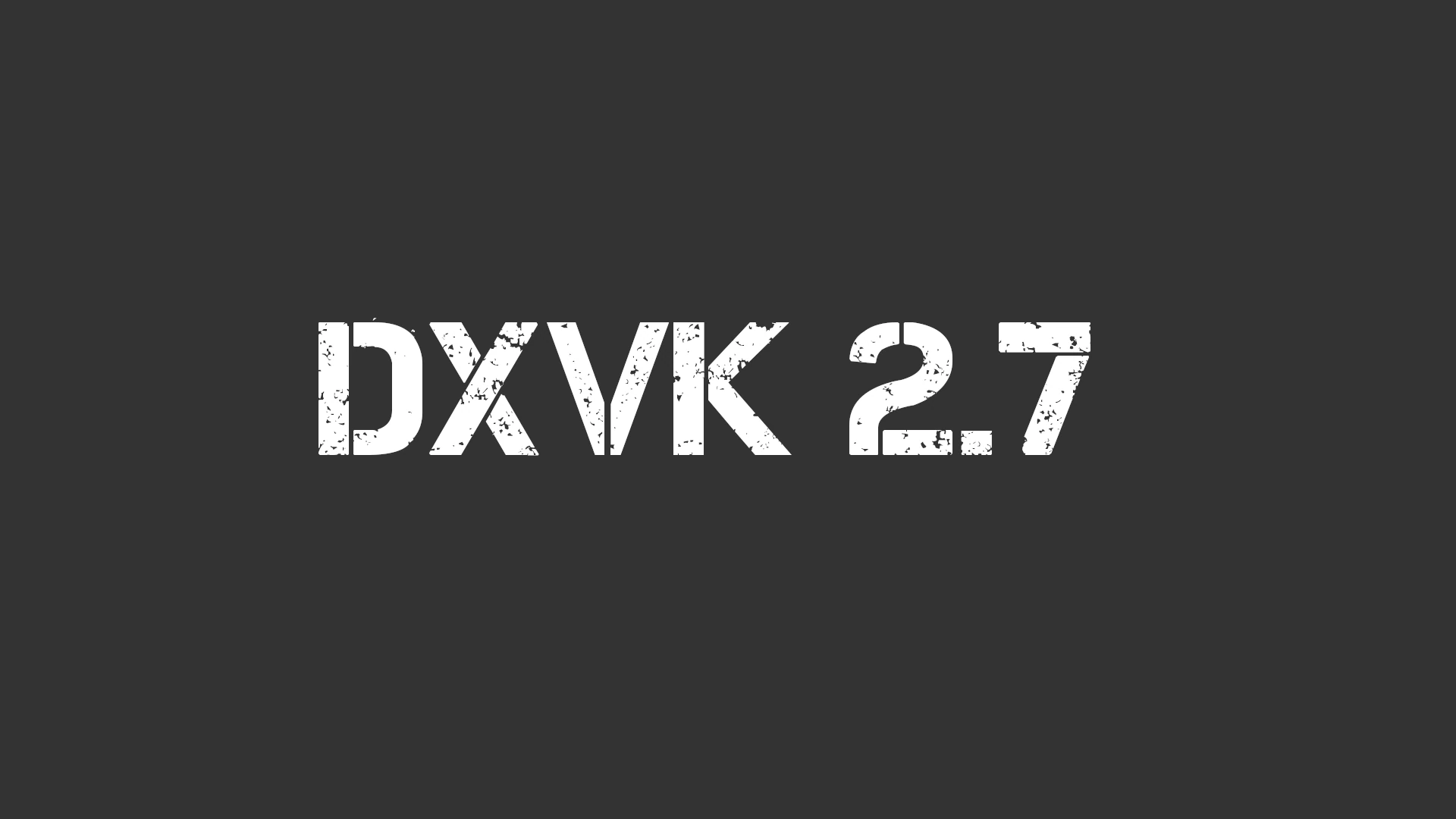DXVK 2.7, a Vulkan-based implementation of D3D9, D3D10, and D3D11 for Linux / Wine, is now available for download with new features and other improvements for various games.
Coming about three weeks after DXVK 2.6.2, the DXVK 2.7 release adds support for the VK_EXT_descriptor_buffer Vulkan extension by default on newer AMD and NVIDIA GPUs to significantly reduce CPU overhead in games like Final Fantasy XIV, God of War, Metaphor: ReFantazio, Watch Dogs 2, and others.
“This feature remains disabled on older GPUs due to severe performance regressions in some cases, specifically on NVIDIA Pascal or older, as well as AMD RDNA2 or older when using AMDVLK or the AMD Windows driver. RADV is unaffected by these issues,” said the devs.
DXVK 2.7 also enables memory defragmentation by default on Intel Battlemage and Lunar Lake GPUs, removes the state cache legacy feature, adds support for planar video output views, and adds support to zero-initialize all variables and groupshared memory by default for D3D11 shaders.
On top of that, this release implements support for the ID3DDestructionNotifier interface, no longer lists Vulkan devices that lack the required feature support to run DXVK as DXGI / D3D9 adapters, fixes an instance of invalid Vulkan usage in the Modulus game, and optimizes D3D9 StretchRect in certain multisample Source Engine resolve cases.
Among other noteworthy changes, DXVK now requires the VK_KHR_maintenance5 Vulkan extension for Windows users on AMD Polaris and Vega GPUs, and will now enforce the driver-reported VRAM budget as much as possible on discrete GPUs to improve performance in many Unity Engine titles on VRAM-constrained systems.
As expected, the new DXVK release also improves support for various game titles, including Astebreed, GTR – FIA GT Racing Game, LEGO City Undercover, Star Trek: Starfleet Command III, Test Drive Unlimited 2, and Wargame: European Escalation.
Check out the release notes on the project’s GitHub page for more details about the changes included in DXVK 2.7, which you can download as a source tarball from the same location. If you have DXVK installed from the software repos of your distribution, you’ll have to wait for the new release to land there to enjoy these improvements.
